Words of lamentation were all Mrs Ademola Aderemi, a mother of three and trader at Isolo market in Lagos, could afford as she stepped out of a pharmacy shop on a sunny Tuesday afternoon unable to buy some prescribed antibiotics. Many sick Nigerians are now unable to visit hospitals for serious medical conditions and patients are unable to afford prescription drugs due to inflation.
Important drugs are largely imported and the continuously dwindling value of the local currency, the Naira, due to foreign exchange (FX) scarcity and other regulatory issues have ensured that local prices of drugs, medical equipment and pharmaceutical products remain high.
Join our WhatsApp ChannelAderemi said she was shocked when the pharmacist mentioned prices of the drugs as she realized that what she had on her could not buy even one of them.
“It has been a while since I fell sick. So, today, I went for lab in a clinic I normally go to and was told I have typhoid and malaria and that the typhoid is high. They prescribed some drugs which they don’t have for me to buy in a pharmacy shop. I was shocked when the drug seller told me the prices. When I tried to bargain, he said drugs are very expensive now due to the general cost of things. The thing enter me o as I left without buying because the money I have is not enough,” said Aderemi, who wore a disillusioned face as she went home with the ailment weighing her down.
The costs of drugs in Nigeria have increased sharply in recent times.
Prime Business Africa market survey shows that prices of essential and prescription drugs, and medical/pharmaceutical products have been on a steady increase since 2020 when the COVID-19 pandemic struck but got worse recently.
For instance, some antibiotics like Augmentin 625mg previously sold for N9,000 earlier this year, jumped to N17,000, with some pharmacy stores selling as high as N18,500; Amoksiklav (625mg) N4,000 against the previous price of N2,500. Ciprotab ( 500mg x14 tablets) which sold for N2,000 some months back is now between N2,600 and N3,000. Antimalarial- Artemether- Lumefantrine tabs D/S (x6) increased from N900 to N1,500. Some brands like Lonart DS currently sell for N2,500 to N3,000, depending on location. Cough expectorants increased from between N400 and N500 to between N700 and N800 per bottle, depending on brands. Some brands like Menthodex and Beehives Basalm are between N1,600 and N3,000. Anti-hypertensive drugs such as Methyl dopa tablet (x10) is now N600 t0 N700 against N450 it was sold before, while the most expensive ones like Co-micardis, and Exforge are selling for N12,500 and N21, 500 respectively.
Ventolin inhaler used by asthmatic patients which previously sold between N1,200 and N1,500 has increased to N10,000.
The increase in prices of pharmaceutical products has been attributed to challenges in accessing foreign exchange for importation.
Experts in the industry have said most pharmaceutical products consumed in Nigeria are imported while for the ones produced in-country, the manufacturers also import over 90 percent of Active Pharmaceutical Ingredients (APIs) and excipients from China, India, USA, Germany and some other Asia countries.
To import the materials requires access to foreign exchange which they say has continued to be a big challenge.
In May, the director of Communication and government affairs at GlaxoSmithKline (GSK), Omongiade Ehighebolo, lamented that foreign exchange scarcity has continued to affect the company’s operations. GSK is one of the major drug manufacturers in Nigeria.
A Lagos–based pharmacist, Mr. Kelvin Odo, disclosed that because of the difficulty in accessing foreign exchange at the official rate due to government restrictions, importers find it difficult to meet up with drug supply.
In a chat with Prime Business Africa, Odo said the prices of drugs may keep rising till December if the foreign exchange issue is not addressed.
According to him, “Generally, the cost of drugs has increased sharply and would keep increasing till December. The major cause of the increase is government’s restriction on the importation of pharmaceutical goods.”
“In most cases importers source dollars from parallel market at exorbitant and unfavourable exchange rates,” Mr. Odo said.
He further stated that there is a plan by the Federal Government to reduce importation of pharmaceutical products by about 40 per cent, thereby imposing restrictions which according to him, is not properly done. “This restriction is haphazardly done as local capacity is not sufficient to take care of drug needs of Nigerians.”
The recent foreign exchange reforms by President Bola Tinubu aimed at unifying the rates at the existing windows (Importers & Exporters and the parallel market), has resulted in the depreciation of the official exchange rate, making price adjustment to align with the prevailing exchange rate. The floating of the naira has seen it fluctuate, at least within the last two months.
READ ALSO: Nigerians Spend N80.98 billion On Drugs In 2022 – Companies That Benefited From It
In March 2023, the official exchange rate for naira to a dollar was N470, according to Central Bank Nigeria (CBN) data, but has risen sharply due to dollar scarcity.
Data found on the FMDQ website revealed that the naira opened at N776.74/$1 and closed at N775.76/$1 on Friday, 28th July 2022. At the black market, the naira sold for N872/$1 on Thursday, 27th July.
According to Muda Yusuf, There has been a cumulative backlog of unmet foreign exchange demand running into billions of dollars due to acute illiquidity in the FX market.
“With a more liberalized forex market, the pressure of the backlog of unmet demands and other maturing fore-related obligations have been unleashed on the investor’s and exporter’s window,” Yusuf said.
Another pharmacist in Ikeja, Lagos, Mr. Benjamin Ossai pointed out that apart from the hurdle encountered in getting foreign exchange, importers of pharmaceutical products also face another challenge of clearing the goods at the ports. He said they are usually subjected to unwholesome charges at the ports.
Ossai explained that importers after going through these hurdles usually add to the cost of the final product that consumers buy, thereby making them expensive.
“The fact is that if you import raw materials at higher costs, it will definitely affect the cost of production and consequently the prices along the distribution chain. Those who bear the brunt are the final consumers (the patients),” he stated.
He noted that in such a situation, some medicine brands may not be available in some retail outlets that may not afford the cost of purchasing when they run out of stock.
There are fears that the increase in drug prices could come with grave consequences of morbidity and mortality to consumers of healthcare products in Nigeria.
READ ALSO: NAFDAC Intensifies Fight Against Fake Drugs
Observers also say that a sharp increase in the prices of pharmaceutical products could encourage the sale of fake and substandard drugs in the country, thereby, forcing consumers to go for cheaper alternative drugs that could be more dangerous to their health.
According to Mr Ossai, when prices of drugs rise sharply, there is a tendency that some companies under no close scrutiny could resort to using substandard materials to produce drugs that affect the quality therefore, putting the lives of patients, who would buy them, at risk.
He added that some patients sometimes, after getting a list of prescribed medicine brands to buy from their doctor, could go for another brand (perhaps, a cheaper one) on reaching drug stores and learning that such drugs are quite expensive and above what they can afford. Such practice he said, leads to deterioration of health and even death of the affected patient who may end up taking the wrong medication for his or her ailment.
Mr. Odo also stated that the operators in the sector equally suffer the challenge of over-regulation and high taxes which affect their earnings in the industry.
“There is no sector in Nigeria that is as regulated as the pharmaceutical sector. If you see the amount of money companies pay to regulatory bodies per annum, you will be mouth agape. Very excruciating,” Odo lamented.
He called on the government to address the issues responsible for the hike in prices of pharmaceutical products such as creating a conducive environment to boost local production capacity in order to meet domestic demands.
Victor Ezeja is a passionate journalist with six years of experience writing on economy, politics and energy. He holds a Masters degree in Mass Communication.





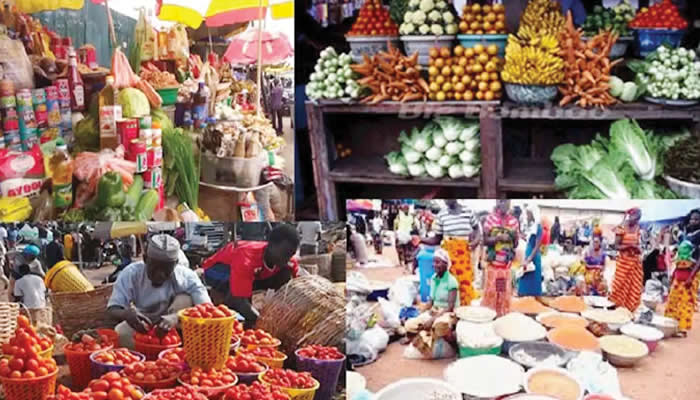
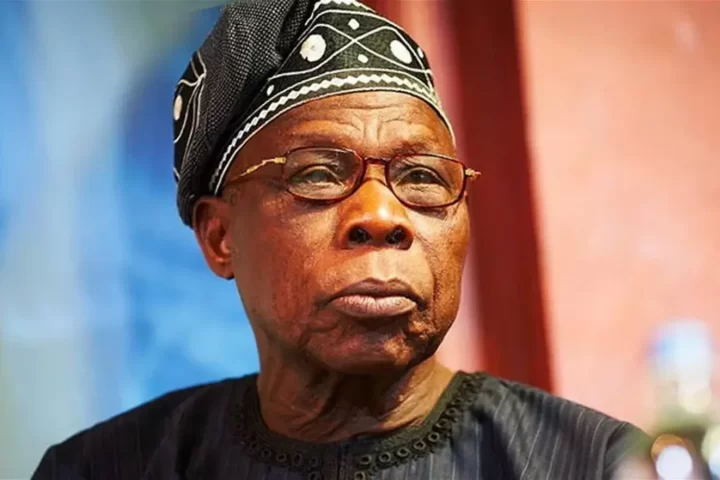

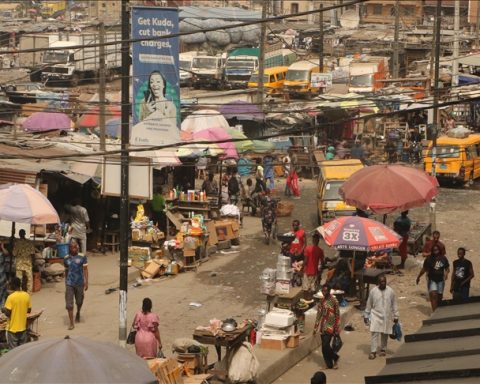




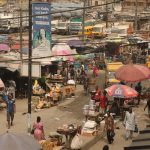


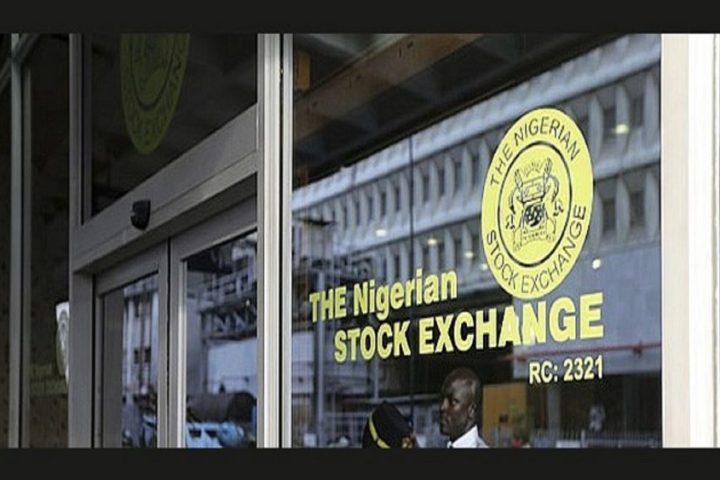
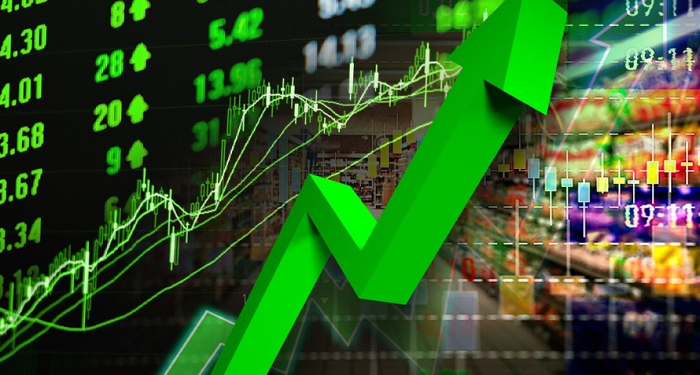
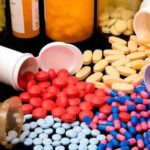
Follow Us